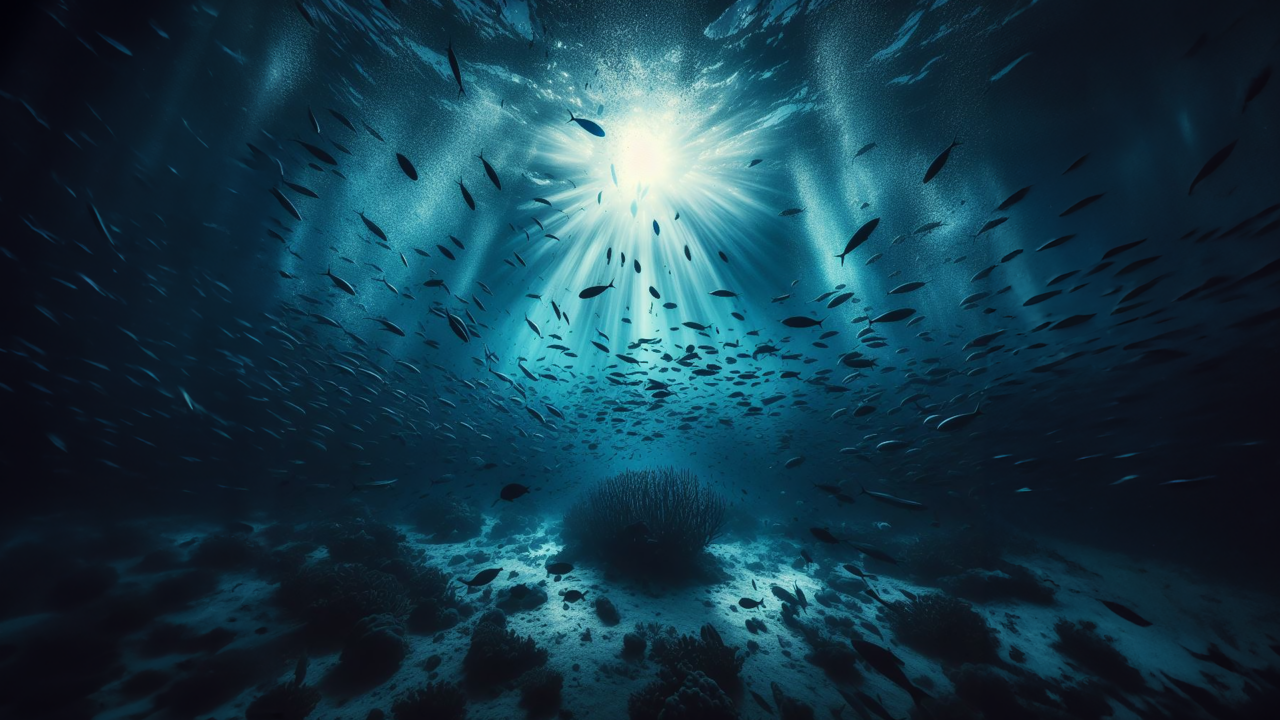This week, Norway became the world’s first country to give commercial-scale deep-sea mining the green light. Although some purport the practice will be essential to bolstering clean energy in the future, is this a major environmental disaster waiting to happen?
On Tuesday, Norway’s parliament voted to open its waters for deep-sea-mining exploration.
The goal is to obtain precious metals and mineral reserves from the ocean floor, including lithium, scandium, and cobalt, which some officials say will be vital in helping the country transition to clean energy.
That said, Norway’s neighbours – the UK and EU – have placed bans on deep-sea mining due to the negative environmental consequences of the practice. Scientists, environmentalists, and marine conservation groups have also warned of the dangers disrupting the sea floor could have for marine life.
Almost immediately, the Norwegian government was criticised for ignoring the science and advice given by its experts.
For example, the Norway Institute of Marine Research (IMR) stated that the government had made assumptions about the possible consequences of deep-sea mining from a small area of research. It then applied these findings to the entire area where drilling is planned.
The IMR estimates that properly understanding the true impacts on marine species will require a further 5 to 10 years of investigation.




















